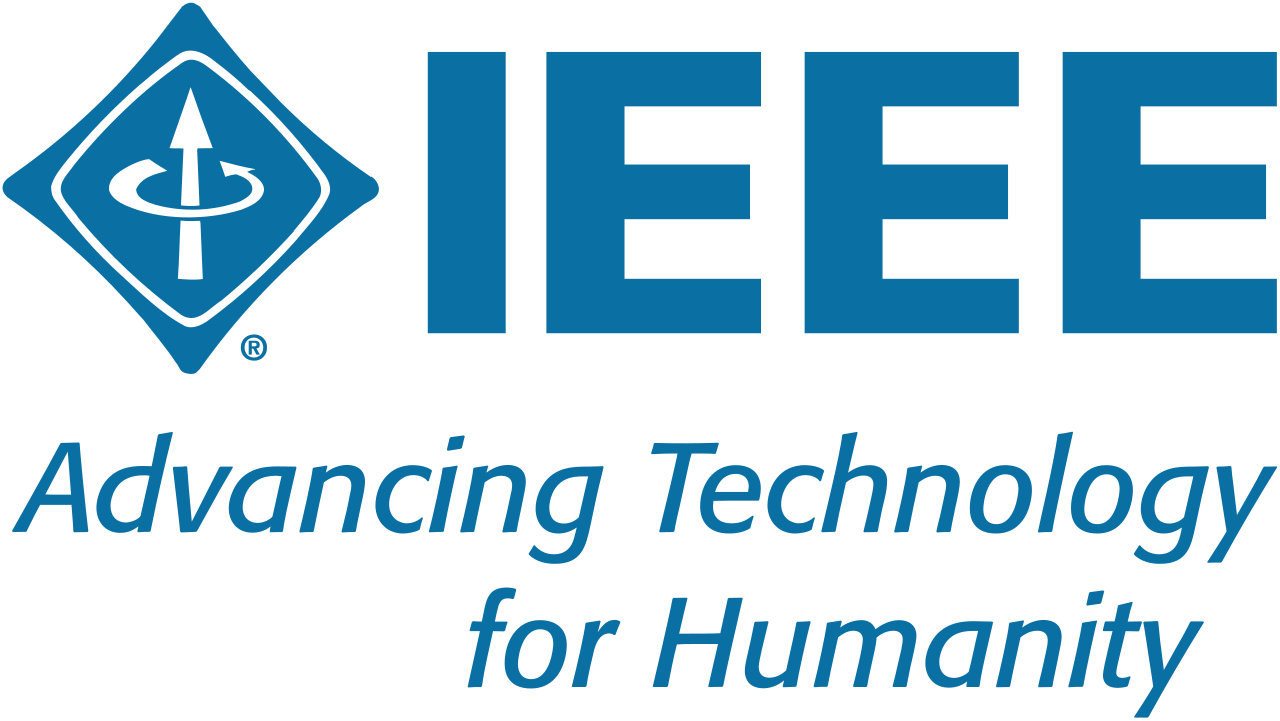Apriori Algorithm Application for Consumer Purchase Patterns Analysis
Abstract
The Apriori algorithm is a data mining association rule algorithm for finding relationship patterns between one or more items in a dataset. Apriori algorithm is often used in transaction data analysis or market basket analysis. Apriori algorithm is used to find out consumer purchase patterns in e-commerce systems and provide product recommendations to consumer by extaracting associations or events from transactional data. This study is purposed for deeply analyze the steps, performance of Apriori algorithm, and give relevant an example of case study to better explain the steps of Apriori algorithm application, as well as the results achieved.
Keywords
References
R. Wulandari and I. Mursidah, “Pola Pembelian Produk Berdasarkan Association Rule Data Mining,” Semin. Nas. Teknol. Inf. dan Komun. STI&K, vol. 3, no. 1, pp. 265–270, 2019.
S. Siswanti, R. T. Vulandari, A. Kusumaningrum, and S. Setiyowati, “Application of the Apriori Algorithm To Determine the Combination of Poverty Indicators,” J. Pilar Nusa Mandiri, vol. 19, no. 1, pp. 45–52, 2023, doi: 10.33480/pilar.v19i1.4161.
M. Qisman, R. Rosadi, and A. S. Abdullah, “Market basket analysis using apriori algorithm to find consumer patterns in buying goods through transaction data (case study of Mizan computer retail stores),” J. Phys. Conf. Ser., vol. 1722, no. 1, 2021, doi: 10.1088/1742-6596/1722/1/012020.
A. D. Hartanto, B. C. Lim, and D. Pradana, “Apriori Algorthm Implementation to Determine Product Sales Priority,” CCIT (Creative Commun. Innov. Technol. J., vol. 13, no. 1, pp. 1–9, 2020.
A. Rahmadsyah and N. Mayasari, “Grouping Goods with the Association Rule Method Using A priori Algorithms in Modern Retail Stores,” Int. J. Sci. Technol. Manag., vol. 3, no. 6, pp. 1527–1532, 2022, doi: 10.46729/ijstm.v3i6.637.
C. Zhang and J. Han, “Data Mining and Knowledge Discovery,” Urban B. Ser., vol. 6, no. 1, pp. 797–814, 2021, doi: 10.1007/978-981-15-8983-6_42.
P. H. Simbolon, “Implementasi Data Mining Pada Sistem Persediaan Barang Menggunakan Algoritma Apriori (Studi Kasus: Srikandi Cash Credit Elektronic dan Furniture),” Jurikom), vol. 6, no. 4, pp. 401–406, 2019, [Online]. Available: http://ejurnal.stmik-budidarma.ac.id/index.php/jurikom%7CPage%7C401.
B. I. S. P. Putu, N. P. S. M. Suryan, and A. Sri, “Analysis of Apriori Algorithm on Sales Transactions to Arrange Placement of Goods on Minimarket,” IJEET Int. J. Eng. Emerg. Technol., vol. 3, no. 1, pp. 13–17, 2018.
C. S. Fatoni, E. Utami, and F. W. Wibowo, “Online Store Product Recommendation System Uses Apriori Method,” J. Phys. Conf. Ser., vol. 1140, no. 1, 2018, doi: 10.1088/1742-6596/1140/1/012034.
E. Irfiani, “Application of Apriori Algorithms to Determine Associations in Outdoor Sports Equipment Stores,” SinkrOn, vol. 3, no. 2, p. 218, 2019, doi: 10.33395/sinkron.v3i2.10089.
L. Shabtay, P. Fournier-Viger, R. Yaari, and I. Dattner, “A guided FP-Growth algorithm for mining multitude-targeted item-sets and class association rules in imbalanced data,” Inf. Sci. (Ny)., vol. 553, pp. 353–375, 2021, doi: 10.1016/j.ins.2020.10.020.
DOI: 10.33751/komputasi.v21i1.9260
 Abstract views : 529
Abstract views : 529
Refbacks
- There are currently no refbacks.

This work is licensed under a Creative Commons Attribution 4.0 International License.









